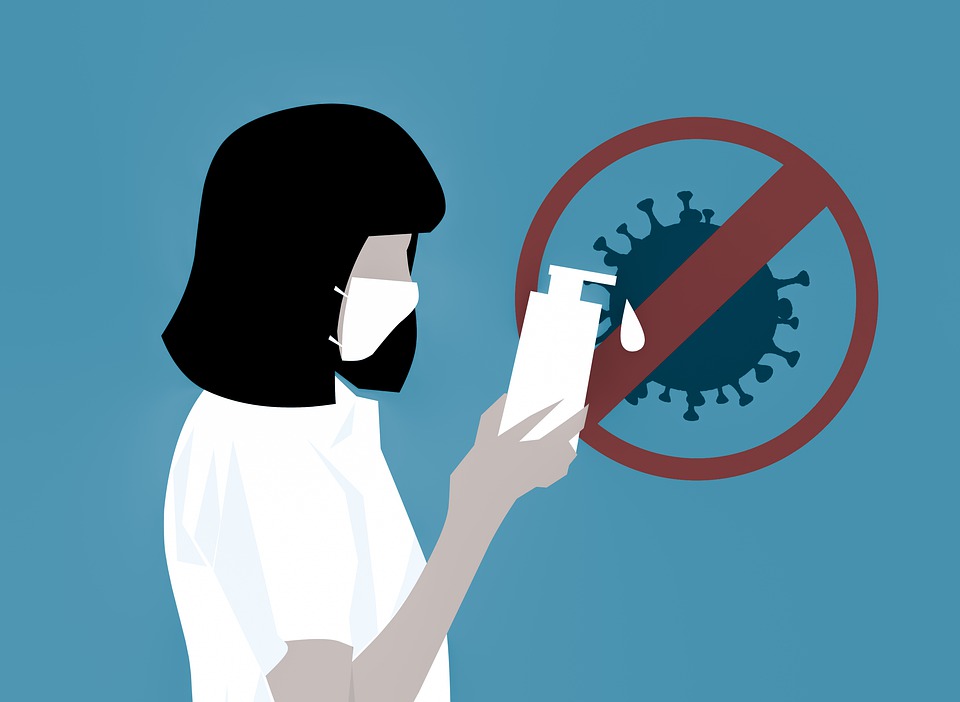In recent times, the world has experienced a significant shift in lifestyle due to the outbreak of various viruses. The COVID-19 pandemic is a perfect example of how quickly a virus can spread and wreak havoc. In the quest to combat these viruses, probiotics have become a popular topic. But what are probiotics, and how do they help prevent viruses? This blog aims to answer these questions and more.
What are Probiotics?
Probiotics are living microorganisms, often referred to as “good bacteria,” that have numerous health benefits. They are naturally present in the body, mainly in the digestive system, and help to maintain a healthy balance of bacteria. However, probiotics can also be found in various foods and supplements, such as yogurt, kimchi, sauerkraut, and kefir.
How Do Probiotics Work?
Probiotics work in several ways to promote good health. One of the ways they do this is by boosting the immune system. The immune system is responsible for defending the body against harmful pathogens, including viruses. Probiotics help to enhance the immune system by stimulating the production of antibodies, which help to identify and neutralize harmful bacteria and viruses.
In addition, probiotics can also help to improve the gut microbiome. The gut microbiome is the collection of microorganisms that live in the digestive system. When the gut microbiome is in balance, it helps to keep the body healthy by promoting proper digestion and nutrient absorption. However, an imbalance in the gut microbiome can lead to various health problems, including an increased risk of infection. Probiotics help to maintain the balance of the gut microbiome, thus reducing the risk of infection.
Probiotics and Virus Prevention
Now that we understand what probiotics are and how they work, let’s look at how they can help prevent viruses. Several studies have shown that probiotics can help to prevent viral infections by boosting the immune system and improving the gut microbiome.
Boosting the Immune System
As mentioned earlier, probiotics can help to boost the immune system by stimulating the production of antibodies. Several studies have shown that probiotics can help to reduce the severity and duration of respiratory viral infections, such as the common cold and flu. In one study, researchers found that people who took a probiotic supplement during the winter had a lower incidence of cold and flu symptoms than those who did not take the supplement.
Improving the Gut Microbiome
Probiotics can also help to improve the gut microbiome, which, in turn, can help to prevent viral infections. One study found that probiotic supplementation reduced the risk of gastrointestinal and respiratory infections in children. Another study showed that probiotics reduced the incidence of respiratory infections in athletes.
Specific Strains for Virus Prevention
It is essential to note that not all probiotics are the same, and not all probiotics are effective against viruses. Some probiotic strains have been shown to be more effective than others in preventing viral infections. For example, the Lactobacillus and Bifidobacterium strains have been shown to be effective in preventing respiratory viral infections. However, more research is needed to determine the specific strains that are effective against different types of viruses.
Conclusion
In conclusion, probiotics are an essential part of maintaining good health, and they can help to prevent viral infections by boosting the immune system and improving the gut microbiome. However, it is crucial to choose the right probiotic strains to ensure maximum effectiveness. In addition to taking probiotics, it is also essential to maintain good hygiene practices, such as washing hands regularly and avoiding contact with sick people, to prevent the spread of viruses.
Remember, prevention is always better than cure,
and incorporating probiotics into your daily routine is one way to prevent viral infections. However, it is important to note that probiotics are not a cure for viral infections, and they should not be used as a substitute for medical treatment.
It is also important to speak with your healthcare provider before starting any new supplements, including probiotics. They can provide guidance on the best probiotic strains for your specific needs and ensure that they do not interact with any medications you may be taking.
In addition to taking probiotics, maintaining a healthy lifestyle can also help to boost the immune system and prevent viral infections. This includes getting enough sleep, exercising regularly, managing stress, and eating a balanced diet rich in fruits, vegetables, and whole grains.
In conclusion, probiotics can be a valuable tool in the fight against viral infections by boosting the immune system and improving the gut microbiome. While more research is needed to determine the specific strains that are most effective against different types of viruses, incorporating probiotics into your daily routine can help to support overall health and prevent the spread of viral infections. Remember to always consult with your healthcare provider before starting any new supplements, and practice good hygiene habits to reduce the risk of viral infections.

